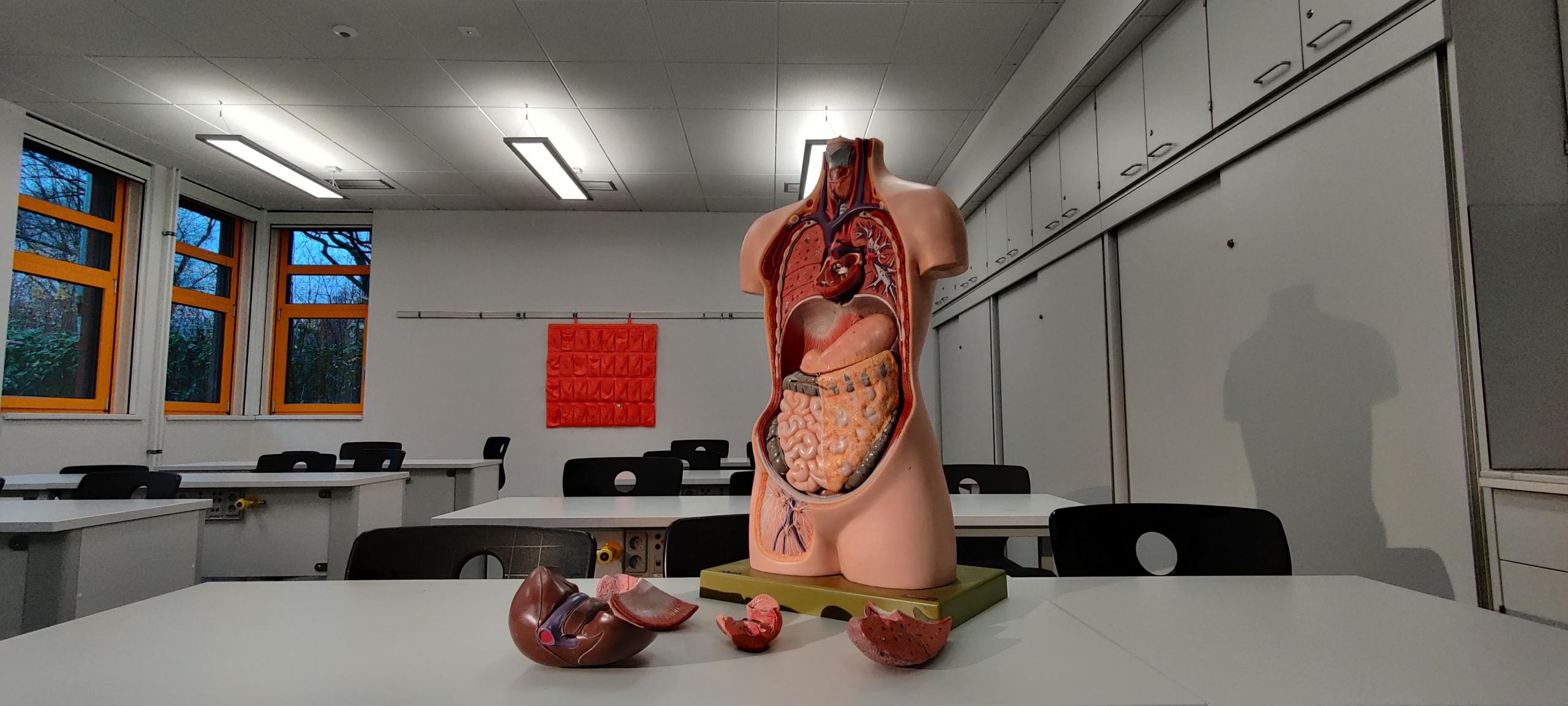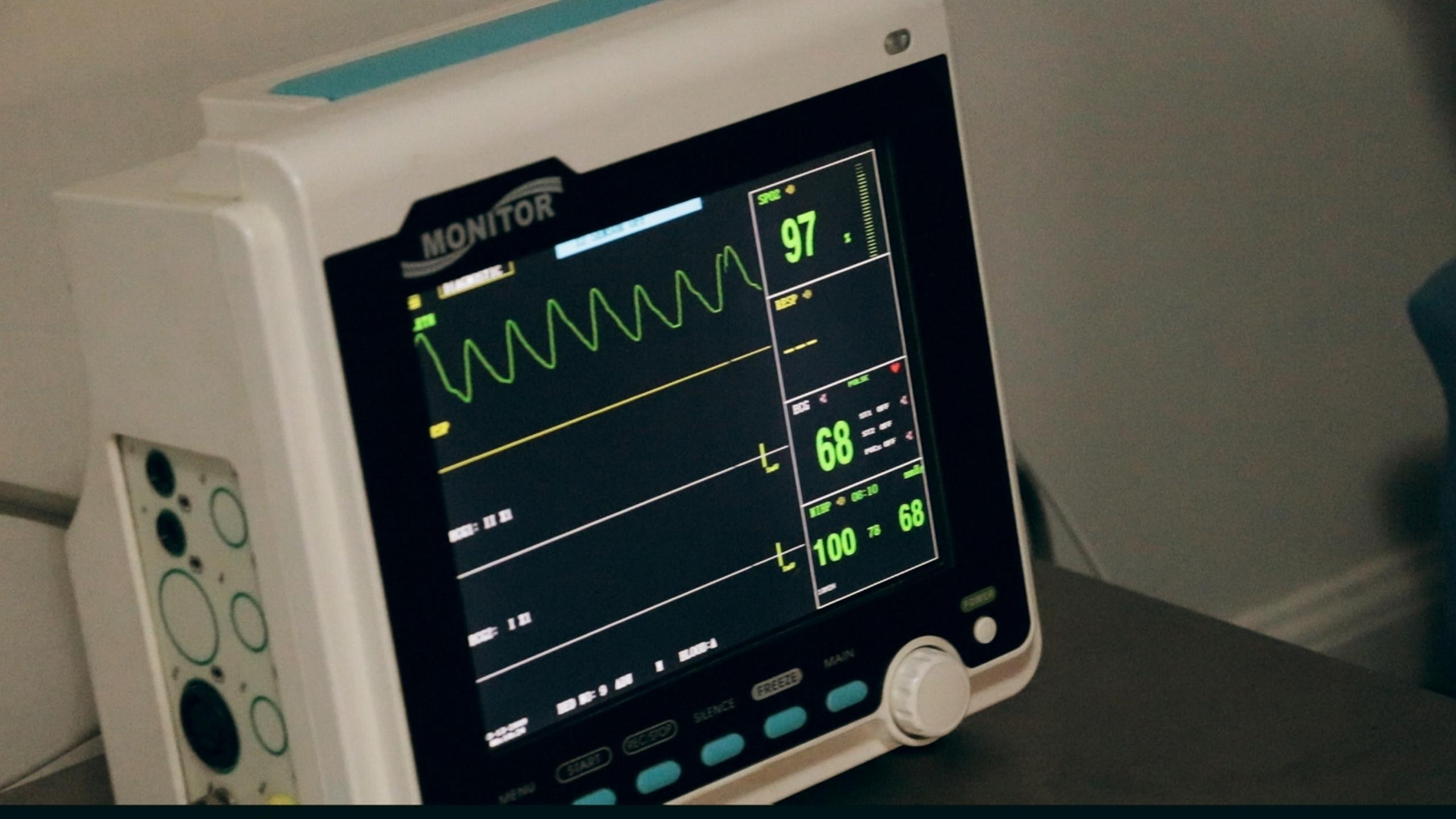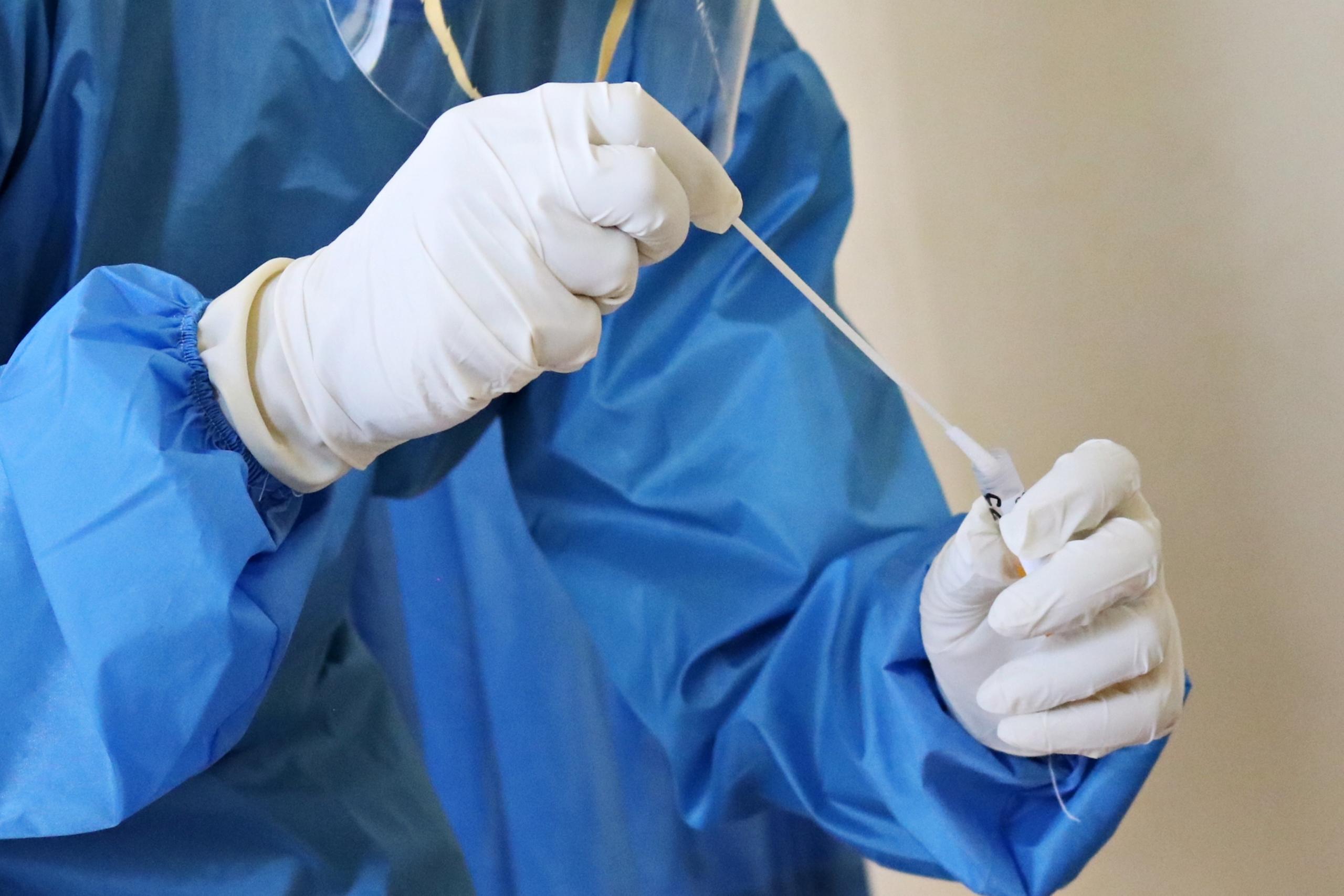Healthcare remains one of the most highly valued aspects of Canadian life. As Canadians, we feel a sense of security in knowing that healthcare access is available, from community health clinics to hospitals and vaccination centres. From the time we are infants to the time we age, we rely on healthcare services to support our needs. If you were born in a hospital, a nurse or a doctor was likely one of the first people to hold you and check your vital signs. Those that need additional care in aging need healthcare staff to dispense medicine and provide expert consultation. When critical services like emergency rooms and walk-in clinics are scarce or unavailable, society immediately senses that there is a crisis at hand.
Nurses form the foundation of our healthcare system, and for this reason nurses are among the most widely respected professionals in the world. Nurses are at the front lines of pandemics and catastrophes, providing care to people when they may be at their most vulnerable state. Nurses are at the side of doctors, recording important data and performing highly skilled tasks that require scientific and practical knowledge about the human body, medicine, and healthcare processes. Nurses may also be working in the community, consulting with individuals about their healthcare needs or providing services like testing or administering shots.
Without nurses, healthcare systems literally collapse. They do much of the “heavy lifting” required to keep society healthy, in many cases working long hours and performing highly specialized work. As such, nurses are always in high demand in countries like Canada and the United States, and enjoy a high level of job security and strong earning potential. Nursing is also one of the most rewarding and fulfilling professions you can pursue. You are constantly helping others, connecting with people, and working in teams that are highly knowledgeable. There are so many fields you can specialize in, which makes the nursing field especially intriguing for those that consider themselves lifelong learners.
If you have been contemplating getting into the nursing field, you have come to the right place. This article will explore the best reasons to become a nurse, what you need to do to get into nursing, and the best way to get help in your programs. Let’s start by taking a closer look at what nursing is all about.
Nursing is a highly respected profession where you can use your talents and knowledge to help others and support a constantly evolving healthcare system. Find out more about how to become a nurse in Canada.


What is Nursing All About?
While nursing originated before the 19th century, professional nursing has its roots with Florence Nightingale. The daughter of an affluent English family, Nightingale chose to become a nurse though it went against social norms for women in her social class. Nursing, whether in hospitals or homes, was not seen as an ideal career choice for upper-class women. Nightingale believed that women could improve the health and well being of patients through by being educated in scientific principles and learning about healthy lifestyles. She believed that nursing was a calling that could appeal to women who had limited career options.
Nightingale worked in military camps for British troops, and greatly enhanced the conditions and quality of barracks hospitals through her healthcare leadership: keeping facilities clean, administering medication efficiently, preparing healthy and nourishing food, and keeping fresh air circulating. Her work proved to be a great success, and she is regarded as a key figure in the history of modern nursing.
As people increasingly moved to large, urban centres, the need for hospitals increased. However, the quality of healthcare varied significantly from one site to the next: some hospitals provided high quality care, while others were deplorable. The need for trained nurses to ensure greater consistency and quality of care became clear.
The Evolution of Nursing
Nursing has since evolved into a profession that requires extensive learning and examination for qualification. The role of a nurse goes well beyond caring for those who are acutely ill or injured: they are educators that work in communities to spread awareness about disease prevention and wellness; they administer complex treatments and medications; they provide home, clinical, and other forms of institutionalized care. While nursing has become stereotyped as women’s work, men are increasingly drawn to the profession as it continues to evolve and change.

The Top Reasons to Become a Nurse
Now that we have some background on what nurses do and how nursing has evolved into the profession that it is, let’s talk about why you should study nursing.
Have a Stable Job and Career
Nurses are essential frontline workers that are required to keep society healthy and hospitals functioning in nearly every place around the world. If you become a nurse, it is unlikely that you will have a problem finding work in Canada or the United States. Hospitals hire nursing staff regularly, and you can find more options in private clinics or community health organizations. Wherever you do decide to work, be sure to look into the regional qualifications nurses must have to practice.
Nursing is a Rewarding Career
If you love working with people and helping others, nursing is one of the best careers to choose from. As a nurse, you will may to support the delivery and care of infants, the recovery of people who are injured or ill, or bring people comfort in their greatest time of need. You may educate people and prevent the spread of illness among thousands of people, or do the important work of administering vaccinations to children and adults. In short, you will make a big difference in the lives of others and help keep communities safe.
Opportunities for Professional Growth
Nursing is a unique profession in that there are so many places you can develop you career. There are so many types of healthcare contexts in which you can work: hospitals, hospices, schools, universities, clinics, community health centres, and even private contexts like plastic surgery clinics, medical spas, and treatment centres. You can upgrade your qualifications to specialize in certain fields, such as neonatal care, emergency care, or midwifery. In a field like this, you will find yourself constantly stimulated and challenged with room to grow.
Below is a list of some popular areas of specialization for nurses:
- Ambulatory Care Nurse
- Burn Care Nurse
- Camp Nurse
- Cardiac Care Nurse
- Certified Nurse Midwife
- Clinical Nurse Leader
- Diabetes Nurse
- Dermatology Nurse
- Family Nurse
- Forensic Nurse
- Gastroenterology Nurse
- Geriatric Nurse
- Lactation Consultant
- Long Term Care Nurse
- Neuroscience Nurse
- Obstetrics Nurse
- Oncology Nurse
- Psychiatric Nurse
Be a Team Player
Nursing is a highly collaborative profession in which you will not work in isolation but in teams of healthcare professionals that work together to solve problems and save lives in the process. You will work alongside other nurses, doctors, surgeons, social workers, therapists, and other support staff to tackle issues that range from the predictable to chaotic, share information that facilitates ongoing care, and make decisions that can transform lives. If you enjoy working with others and facing challenges as a team, you will be a great fit for nursing.
Competitive Salaries
Nurses are compensated well for their work - as they should be - and can increase their salaries through additional qualifications or switching fields or places of work. In Canada, nurses can typically make anywhere between $27-$50 an hour, and may even command a higher rate of pay in another country like the United States. Nurses can also make additional income through overtime or taking on additional work in clinics.
Studying nursing is a huge undertaking that requires years of study and comprehensive exams. Learn more about what it is like to become a nurse in Canada.


What Courses do I Need to Get Into Nursing School?
Hopefully you have been convinced of the importance of nursing and why it is an excellent career choice. Next we will explore what courses and skillsets you will need to have to be successful in a nursing program.
To become a nurse, you will need to be trained in a nursing program at an accredited college or university. To get in to a postsecondary school, you will need to acquire certain secondary or high school credits. Typically, most nursing programs will require credits in English, Mathematics, Chemistry and Biology. If you decide to pursue a degree program in a university, you will need academic stream credits. In some cases, you may need a certain grade point average to have a competitive application.
What is the Difference Between Nursing Programs in Colleges and Universities?
You may be wondering what the big deal is between college and university. Why does it matter if you will become a nurse either way?
College Programs
College programs will lead toward earning a diploma and do not require you to take advanced or academic secondary credits. College nursing programs last 2 years. While you will still be learning from the same base of knowledge as university nursing students, college programs will typically take a more hands-on approach and enable you to enter the workforce more quickly. Some of your program will take place in actual work environments where you can learn the practical aspects of nursing. Note that a college program will prepare you for the designation of Registered Practical Nurse (RPN).
University Programs
University programs take 4 years to complete and will lead to the completion of a degree. With a university background, you will build a strong foundation of learning in core areas such as science and math, and be trained to solve more complex problems in a healthcare environment. Having a degree has its advantages in that you will also be well equipped to become an educator or pursue graduate study if you would like to become a Nurse Practitioner. You will be prepared to receive the designation of Registered Nurse (RN).
Nursing is an exciting area to study that leads to stable, in-demand careers. Learn the best reasons to study nursing.

Should I Choose College or University?
Choosing between college and university will largely depend on your own personal goals and ambitions as a nurse or a healthcare professional. If you are more interested in entering the workforce quickly and have college level secondary credits, this may be the right path for you. Degree programs are great for those who are interested in the academic pursuit that comes with attending university. If you want to extend your learning into graduate school, you will need a degree under your belt.
What are the Best Degree Nursing Programs in Canada?
Because nursing is such a large field and an area of work in high demand, you can find nursing degrees in most colleges and universities across the country. If you attend a postsecondary institution in Canada, it is highly likely that the school will provide a high-quality level of education that is aligned with national and international standards. Here is just a handful of universities across Canada that offer programs.
- University of Toronto
- University of British Columbia
- York University
- McMaster University
- University of Alberta
- University of Calgary
- McGill University
- Dalhousie University

What are the Best Strategies for a Learning Nurse in Canada?
Getting through a nursing program is no easy feat. However, if you have the right mindset and a vision for your future, you can feel confident that you will be successful. Here are some tips for finding success in your nursing program.
Keep an Eye on Your Goals
Those that have a clear vision of where they see themselves in the future will find that their postsecondary pathways are much easier to navigate. If you know you want to be a nurse or work in healthcare when you are in secondary school, you can take courses that will get you into a broad range of programs, including nursing. Plan to take your most important credits in a way that enables you to be successful and competitive in each. For example, Biology is an important course that you will need to get into a nursing program. You may want to take the course in a ‘lighter’ semester, or in summer school where that is the only course you are taking. The same might go for English, Chemistry and Math.
Have you already graduated secondary school, or don’t think you have the marks to apply successfully for a program near you? Don’t fret, you can upgrade or take those credits in night school or continuing education. Some postsecondary schools have bridging programs that will enable you to earn credits you can put toward your program but will also satisfy the requirement of a prerequisite.
Maintain Strong Learning Skills
It’s important to have fun and have a work or study-life balance, but remember that you will need to maintain a degree of discipline if you are pursuing a nursing program. You do not want to fall behind in your readings, miss lectures and labs, or be unprepared for important assessments. Make time to study everyday and do work for your classes. Allot the time in your calendar, and make sure you have a quiet place to work. Mark test and exam dates as soon as you receive them, network to form study groups, and create space for activities that enable you to be social and physically fit.
Be Strategic about Your Career
Knowing where you are going is important - ask yourself regularly where you see yourself in your career in 5 or 10 years. Use your practicum time to think critically about different work environments. Where do you enjoy the work the most? Which areas of nursing stimulate you? What do you find the most rewarding? You may find that you love the problem-solving you do in a hospital, or prefer educating others in a community environment. When you know where you see yourself in the future, you can start identifying what you need to do to get there quickly and talk to other professionals that can mentor you.
The NCLEX is an essential exam that all nurses must take to practice in North America. Learn all about how the NCLEX fits into the journey it takes to become a nurse in Canada.

Is there an Online Nurse School?
Online learning has become an enticing option for learners that enjoy the flexibility of working from home and not having a big commute. But is it possible to learn online in for a profession as hands-on as nursing?
The answer is both yes and no. You can find programs that enable distance learning; for example, McGill offers a program where much of the coursework is entirely online. However, you will still have to complete your practical work in an in-person setting, which is where much of the valuable training takes place.
What skills do you need to become a nurse in Canada? You may be more prepared than you think! Explore the best strategies for learning nursing in Canada.
What is the NCLEX?
The NCLEX, or the National Council Licensure Examination, is an entry to practice exam for those becoming registered nurses. It will determine whether or not you are ready to practice as an entry-level nurse, and will test your analysis and application skills. You will be tested on your ability to make decisions and think critically in nursing. You will get a maximum of six hours to write the test, so you will certainly want to be prepared! If your first attempt at the test is not successful, you can take it again but must wait 45 days to do so - which gives you ample time to regroup and study.
Is Hiring a Chemistry Tutor or Science Tutor Worth it?
Despite our best efforts to be prepared for learning, we may find that it is not enough to keep up with the pace of instruction - especially in an area like nursing. For this reason, it can be important to hire a private tutor to support your learning.
A private nursing tutor can review complex new concepts, help prepare you for tests and exams, and provide valuable help and feedback for your assignments. They can help you to strengthen your study habits and to explain things in ways your professor may not be able to. Tutors provide valuable one-on-one time that can make a big difference in your success in school.
Hiring a tutor is easy with Superprof Canada. Superprof is a site that connects learners with professional tutors across every province. To find the right tutor, simply go to the Superprof site and use the search tool to find a tutor in nursing or for a specific test like NCLEX. You can browse through different tutor profiles, and contact them directly through the site to see if they are right for you or your child.
Don't risk a poor performance in your nursing program! Find a tutor on Superprof today.
Summarize with AI:





















